Moses, on the final day of his life, chided and implored the nation to fulfill their divine destiny by reflecting on their past experiences and foretelling future calamities if they abandon the Torah’s moral code. Moses waited for the very last day of his life to extend his rebuke, as did Jacob before him, knowing that the nation’s hearts, soon to mourn the loss of their beloved leader, would be open to his words of reproof.
Already in the days of the Talmud, the unique ability to reprove constructively was questioned, as Rabbi Eliezer said, “I wonder if there is anyone in this generation capable of giving reprimand”. This statement needs some explanation. Many people seem ready and willing to give criticism at the drop of a hat, without forethought.
Rebuke is a sharp instrument. It can cut deeper than a surgeon’s scalpel. A medical student must undergo many years of training before becoming a surgeon. Even the most carefully calculated and well-performed surgical incision is a painful wound and if the surgeon cannot apply himself to alleviate the patient’s suffering and restoring his health, he has no right to make a cut.
Before we criticize someone, even if we have the finest intentions, we should give serious thought to what we are doing. We must be aware that our remarks will inevitably cause emotional pain and unless we are ready to assume responsibility for helping to make the changes we recommend, we should refrain from giving rebuke.
Moses, due to his unique relationship with the people, as that of a loving parent to his children, was in the preeminent position to admonish them because there was nothing he wouldn’t or didn’t do for them.
Rabbi Shaul



